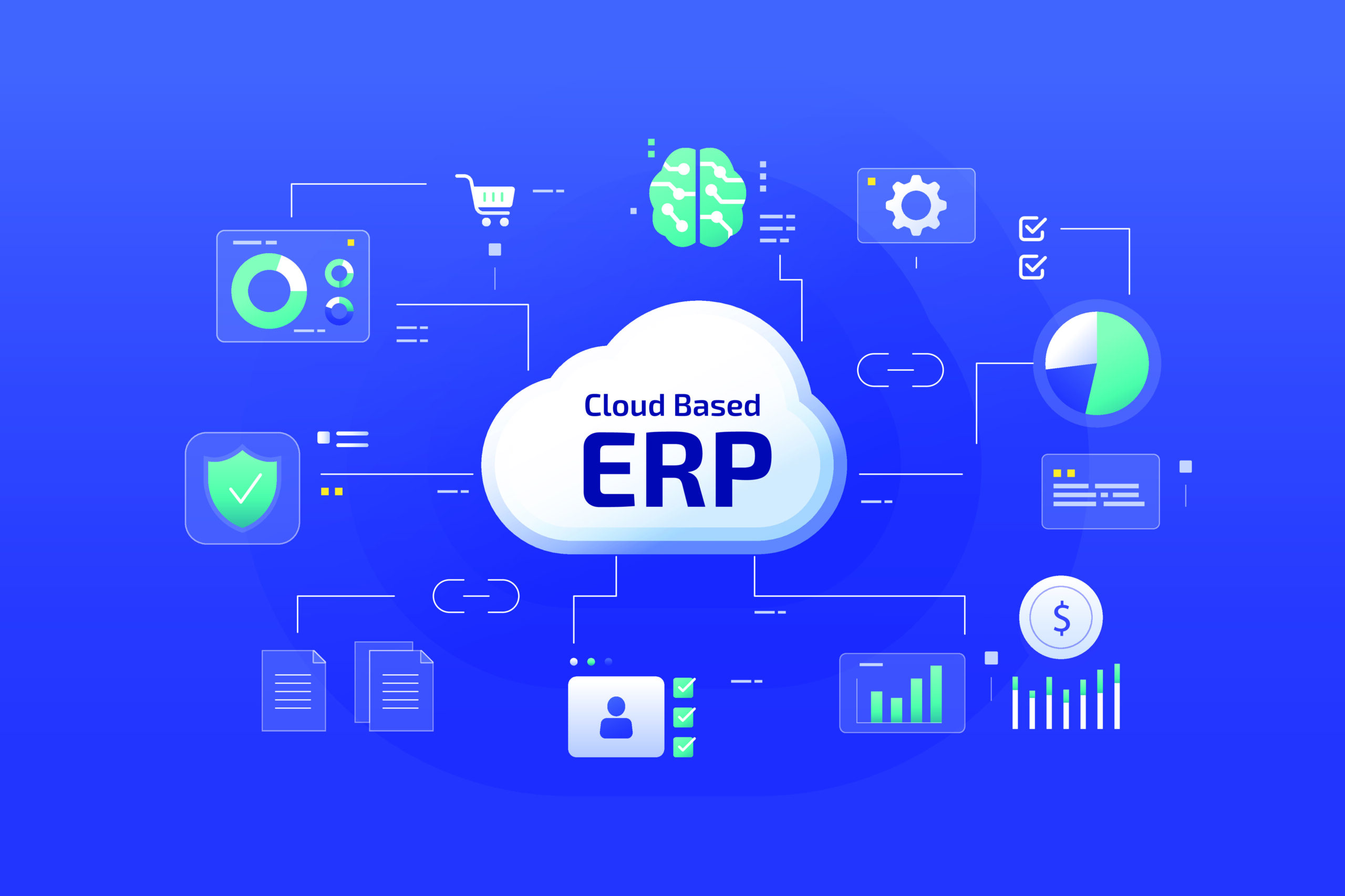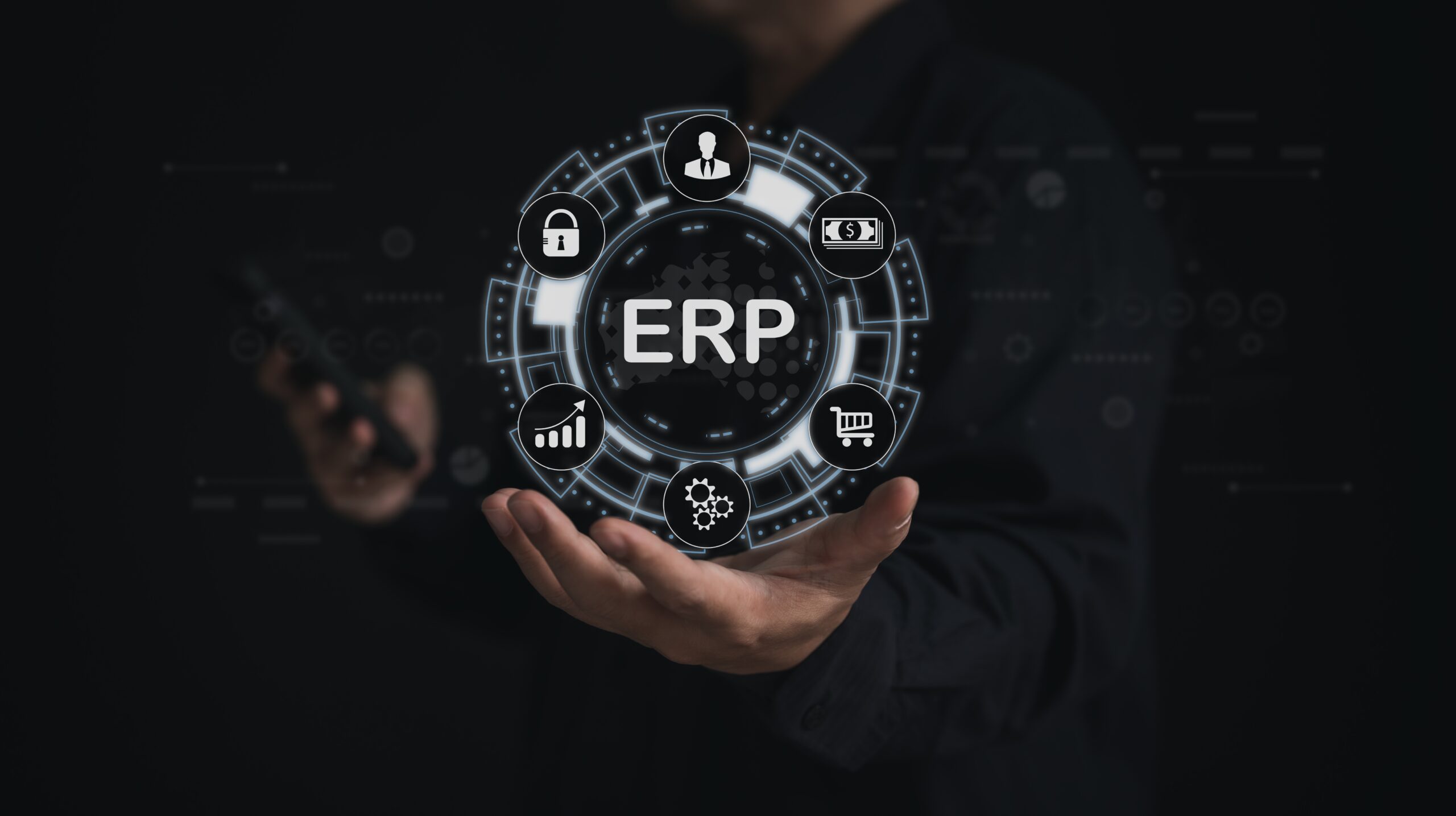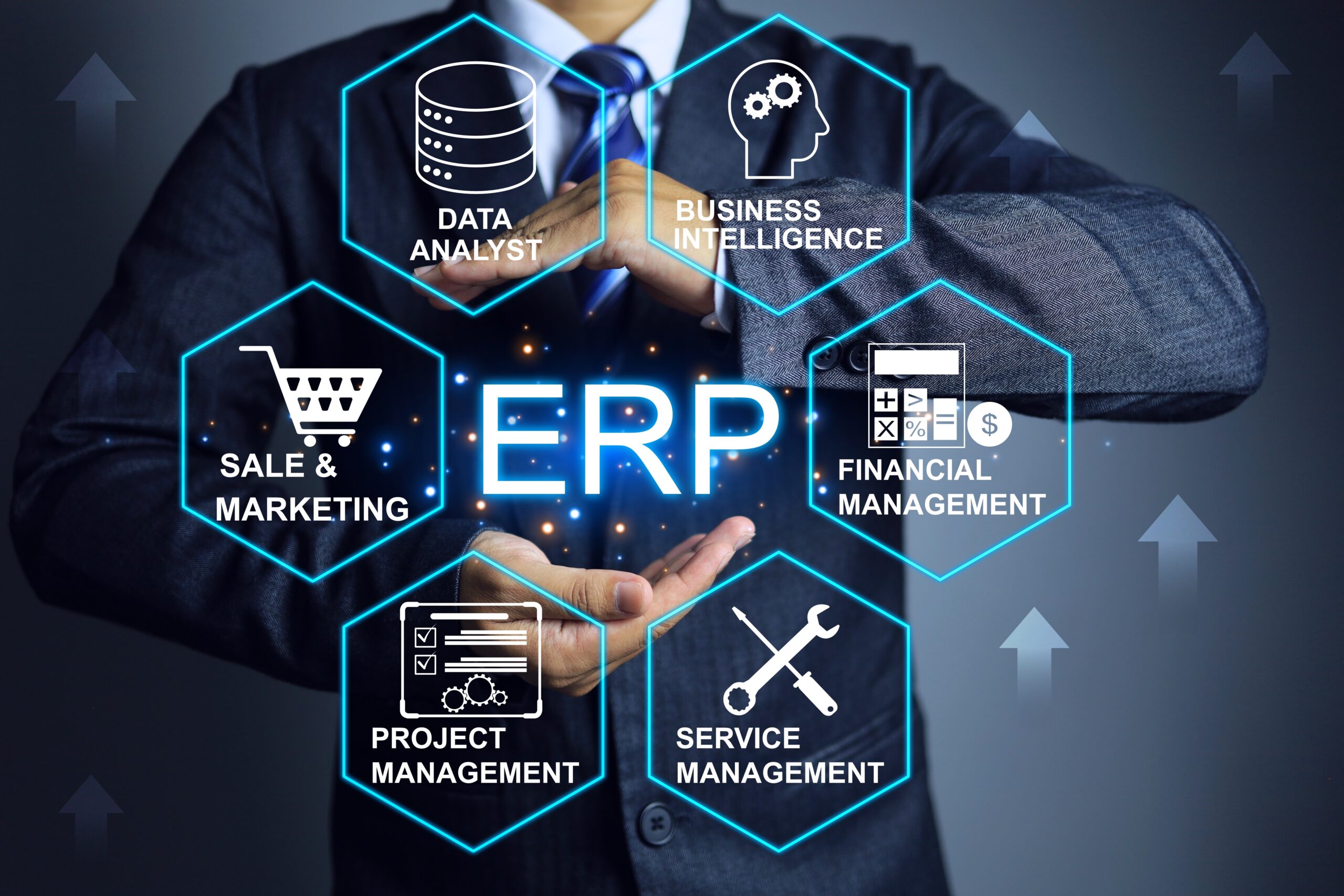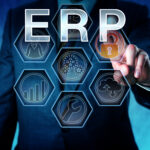
How To Compare The Best ERP Software Providers In India
ERP stands for enterprise resource planning. It is software that connects all the business functions in one place. Therefore, finance, sales, inventory, and human resources can all work together on one platform. Many businesses in India are now using ERP systems to manage their work smoothly. Because choosing the right system can improve your work, save time, and even cut costs, it’s important to understand how to compare the best ERP software providers in India. In this blog, you will look into how you can do it step by step.
Understanding your business needs first
Every business is different. So, the first step is to look at what your business really needs from an ERP system. You can start by checking the size of your company. Are you a starter with a small team? Or are you a mid-size company with multiple departments? Larger companies may need advanced features, but smaller ones should look for simple systems. Next, think about the kind of work you do. Are you in manufacturing, retail services, or something else?.
For example, retailers need inventory, billing, and sales reports. On the other hand, manufacturers need production and supply chain tools. Lastly, if you are a service-based company, then you should have a CRM and project management. Also, list the modules of your business needs. It can be finance, accounting, human resources, payroll, customer relationship management, sales, inventory, and warehouse tracking. Therefore, you have to know your needs while making a comparison, which makes it much easier.
Check core features and customisation options
The best ERP software providers in India are offering features that are designed for Indian businesses. It includes the following:
- GST and tax compliance
- Multi-location handling
- User roles and permissions
You have to check if the ERP is flexible. Can you start with basic tools and add more later?. That’s helpful if your business grows. Some services are cloud-based. While others you can install it on a local system on-premises. Therefore, cloud systems are easier to manage and don’t need extra hardware. But some companies still prefer on-premises for better control. Many businesses today need extra mobile access. So, you have to make sure that the ERP is working well on mobile phones and tablets.
Evaluate user experience and interface
Even the most advanced system is useless if your team finds it hard to use. That is why user experience is the key. Additionally, the dashboard should be clear and easy to follow. Your staff should be able to switch between tasks without any confusion. Moreover, role-based access is another feature to look for, which means employees only see the parts they need, and it is simple and secure. You have to check if the software supports Indian languages or is easy to read in English. Lastly, a friendly interface helps everyone in your team to use it confidently.
Compare support, training, and implementation
After you choose ERP, you will need help to set it up and learn how to use it. Additionally, you have to ask what kind of training the companies are offering. Because some companies provide in percentage, others will give you a recorded tutorial. Either way, your team should feel ready to use the software from day 1. Therefore, good customer support is very important, as many of the best software providers have teams in India. That means quicker response and easier communication. Also, ask about the service level agreement. The implementation process also matters. Is it fast and smooth? Do they help move your old data into the new system? Clear the setup, sales time, and avoid mistakes.
Review pricing and long-term value
Cost is important, but you don’t just look at the first number. You need to know the full price. For that reason, you have to ask the following:
- Software licence or subscription fees
- Set up and installation charges
- Early maintenance or support costs
- Any extra fees, new users, or features
Cloud-based ERP usually charges monthly or yearly. Therefore, on-premises is one of a kind, but you have to bear the maintenance cost. Always remember that a smart ERP may cost more at first, but it will save more money over time by making work faster and smarter.
Conclusion
Choosing an ERP is a big decision. But if you take the time to compare it properly, it will become easier. First, you have to focus on your business. Then, you have to match those needs with the right teachers’ support and budget. Companies like Etendo are now helping Indian companies with a modern, flexible ERP solution. These systems match the first pace of the business world. So, if you are searching for the best ERP software providers, don’t stop. Take your time, ask questions, and try Demos today!








Leave a Reply